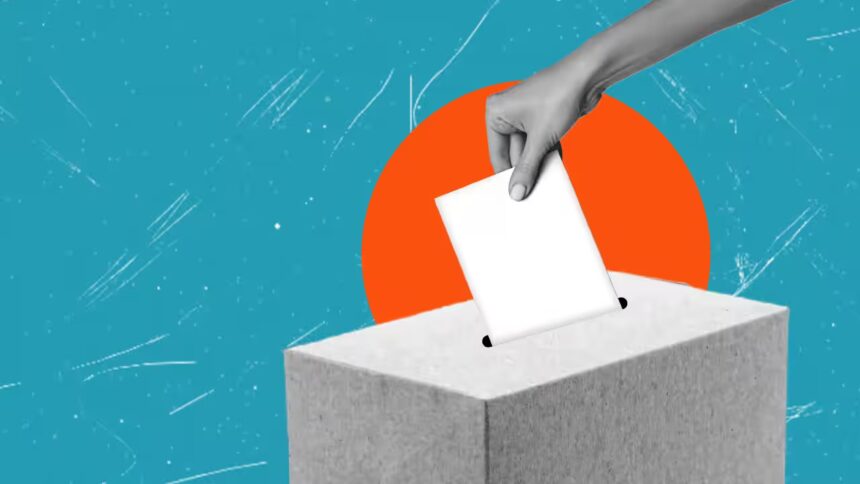The United Kingdom’s decision to allow 16 and 17-year-olds to vote has reignited calls for similar reform in Australia. Supporters say it could transform civic engagement, while critics question its impact. The debate is growing louder as democratic nations around the world re-examine who should have a say in shaping their future.
Countries like Austria, Germany, Argentina, and Brazil have already granted voting rights to 16-year-olds. Now, the UK joins that list — and Australian advocates are watching closely. Could lowering the voting age in Australia expand democracy or just stir political controversy?
Should Australia Lower the Voting Age Too?
Independent MP Monique Ryan strongly backs the proposal. She said lowering the voting age would be “beneficial to young people and to the future of the nation.” Ryan plans to introduce a new bill in Parliament, stating:
“I believe enfranchisement should be extended to as many Australians as reasonable, including young people, to ensure that those impacted by government decision-making have a say in those decisions.”
Ryan believes early voting builds engagement. At 16, Australians can legally work, leave school, and pay taxes. “They should have a say in who represents them and their interests in government,” she told SBS News.
However, such a change would require amending the Commonwealth Electoral Act of 1917. That means federal support is essential — and so far, the Albanese government is “not open” to the idea.
Political Impact and Public Support Remain Split
Critics argue that younger voters often lean left, possibly benefiting progressive parties. Globally, younger demographics typically support centre-left or left-wing candidates. Australia is no exception.
According to the Australian Election Study, voter preferences show a sharp generational divide. Only 26% of Gen Z supported the Coalition in 2022. In contrast, 67% voted for either Labor or the Greens. Meanwhile, support for the Coalition increases with age.

But while the ideological leanings are clear, the impact on actual election outcomes remains minimal. Census data shows 16 and 17-year-olds make up just 2.31% of Australia’s population. Experts like Dr Christine Huebner from the University of Sheffield say this small group wouldn’t shift vote shares significantly — even if they voted uniformly.
Some Australians remain unconvinced. Dr Sarah Cameron of Griffith University said public support is limited: “About 85% of Australians think the voting age should remain at 18.” Only 15% support lowering it to 16. Even among youth, only 20–30% support the change.
A 2024 study by the WA Commissioner for Children and Young People showed mixed views. Among those aged 15 and under, 61% supported voting at 16 (optional or full). But 39% didn’t want that right. Among 16+ participants, 52% said yes — while 48% opposed it.
One challenge is whether voting would be compulsory or voluntary. Making it voluntary could weaken participation habits. Yet enforcing compulsory voting might mean fines for under-18s. Ryan supports compulsory voting, but suggests waiving fines for minors.
Where Do Political Leaders Stand?
Ryan is not alone. The Greens have consistently advocated lowering the voting age. In 2018, WA Senator Jordon Steele-John introduced a bill — which led to a Senate inquiry but no progress. In 2023, Greens MP Stephen Bates tried again. This time, it failed to reach Senate debate.
Just this week, SA Greens MLC Robert Simms pushed to lower the voting age in South Australia. Labor’s position is less consistent. In 2015, then-opposition leader Bill Shorten backed the idea. But in 2025, Labor’s Matt Thistlethwaite told the ABC it was not government policy: “We are not open to it at the moment.”
Even so, Ryan remains hopeful. “With the decision by the UK government to lower the voting age, there should be a strong impetus for us to review the issue in Australia,” she said. “We’re similar countries with similar values and should look to other countries for how they keep their democratic process fair and inclusive.”






